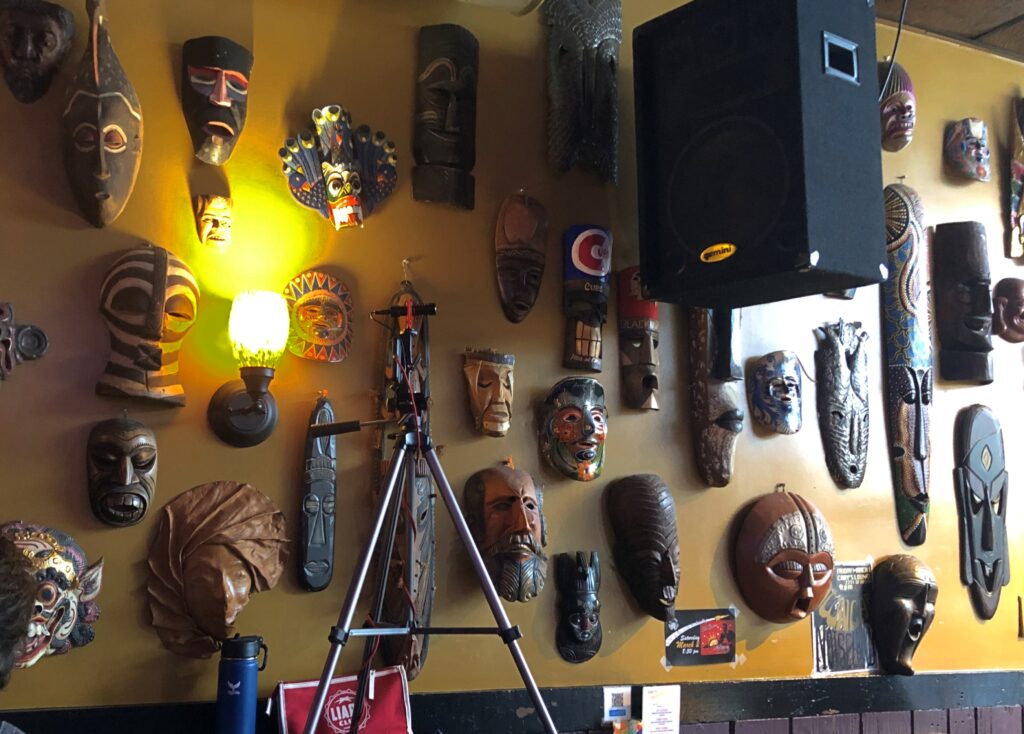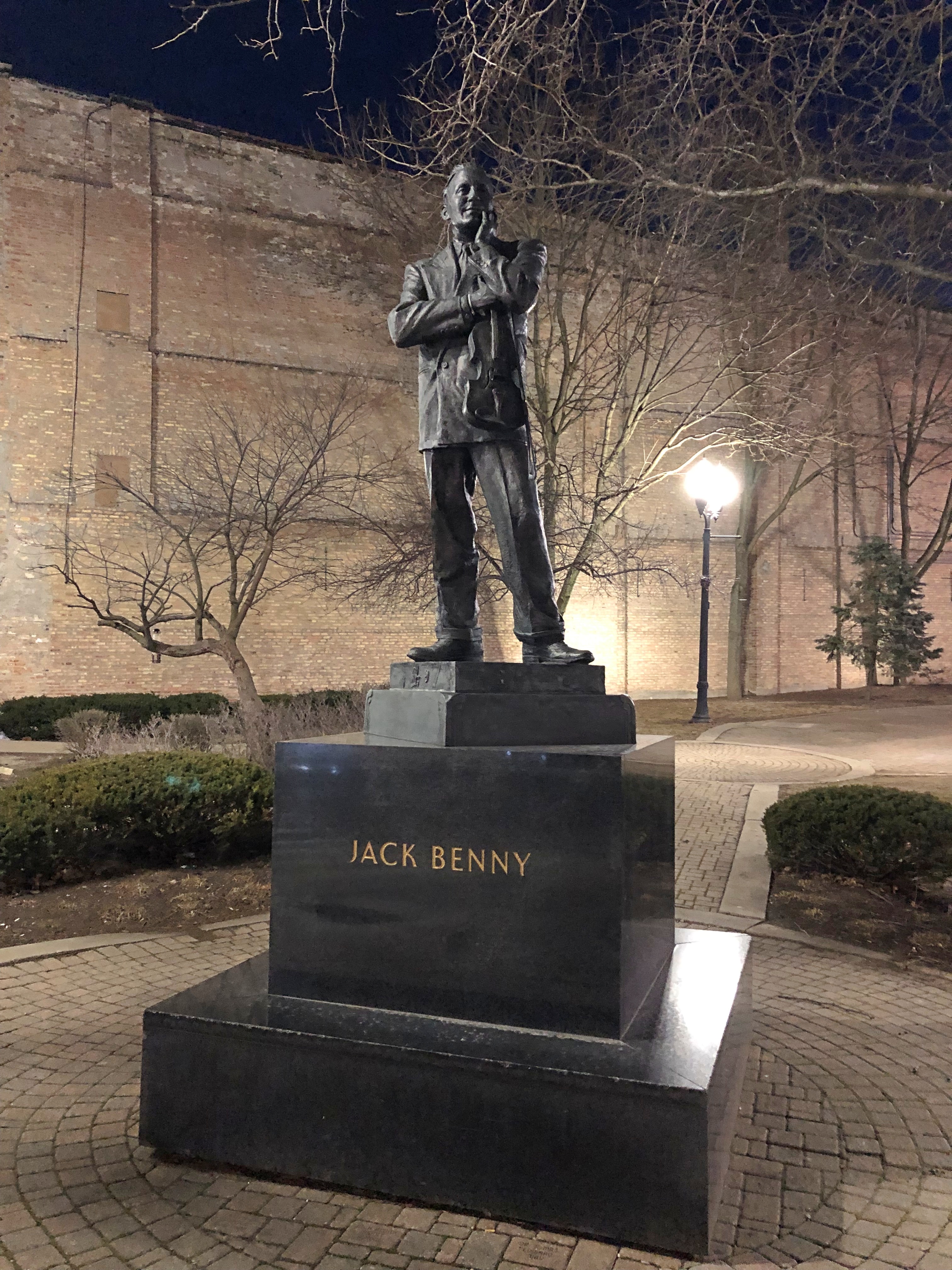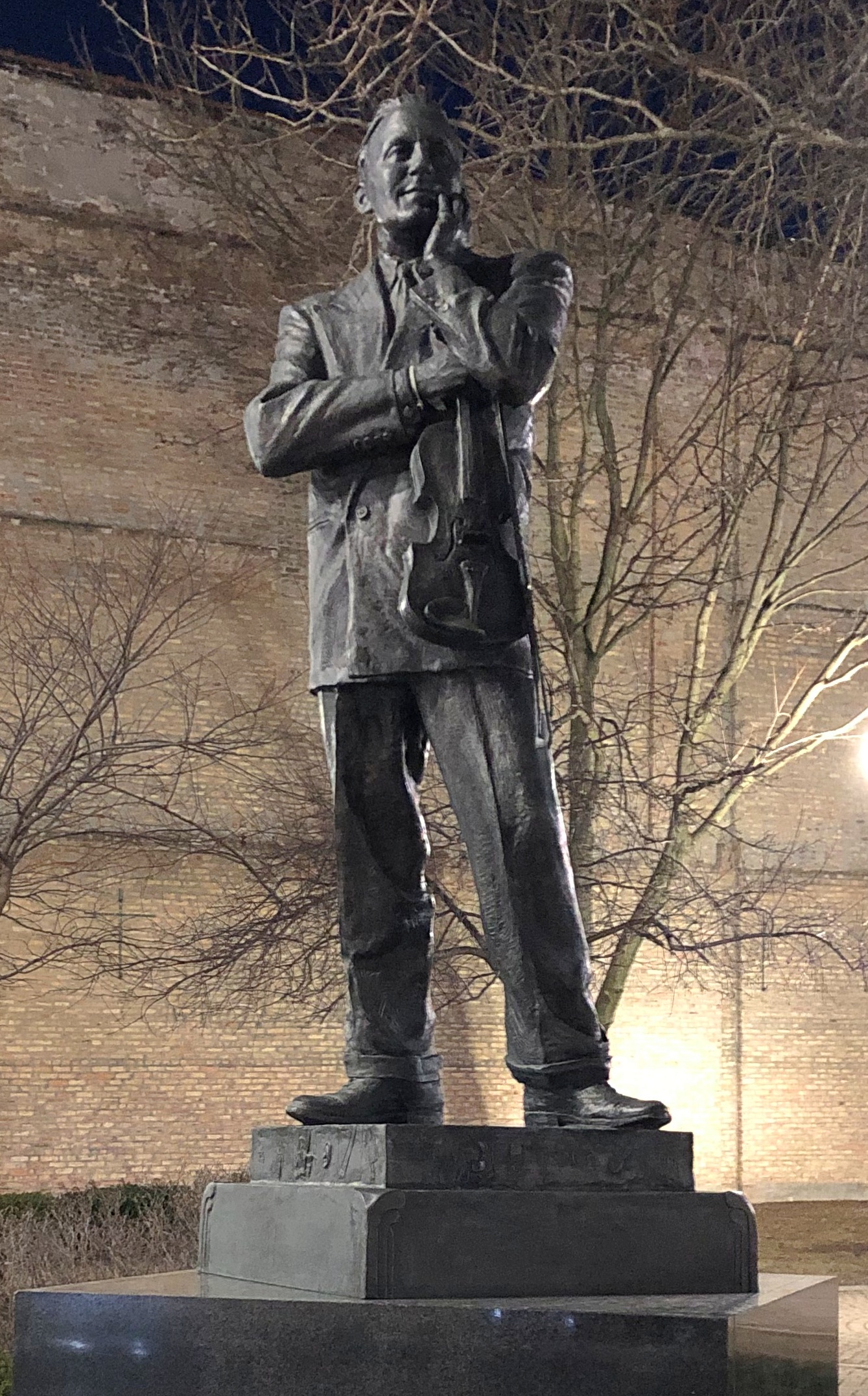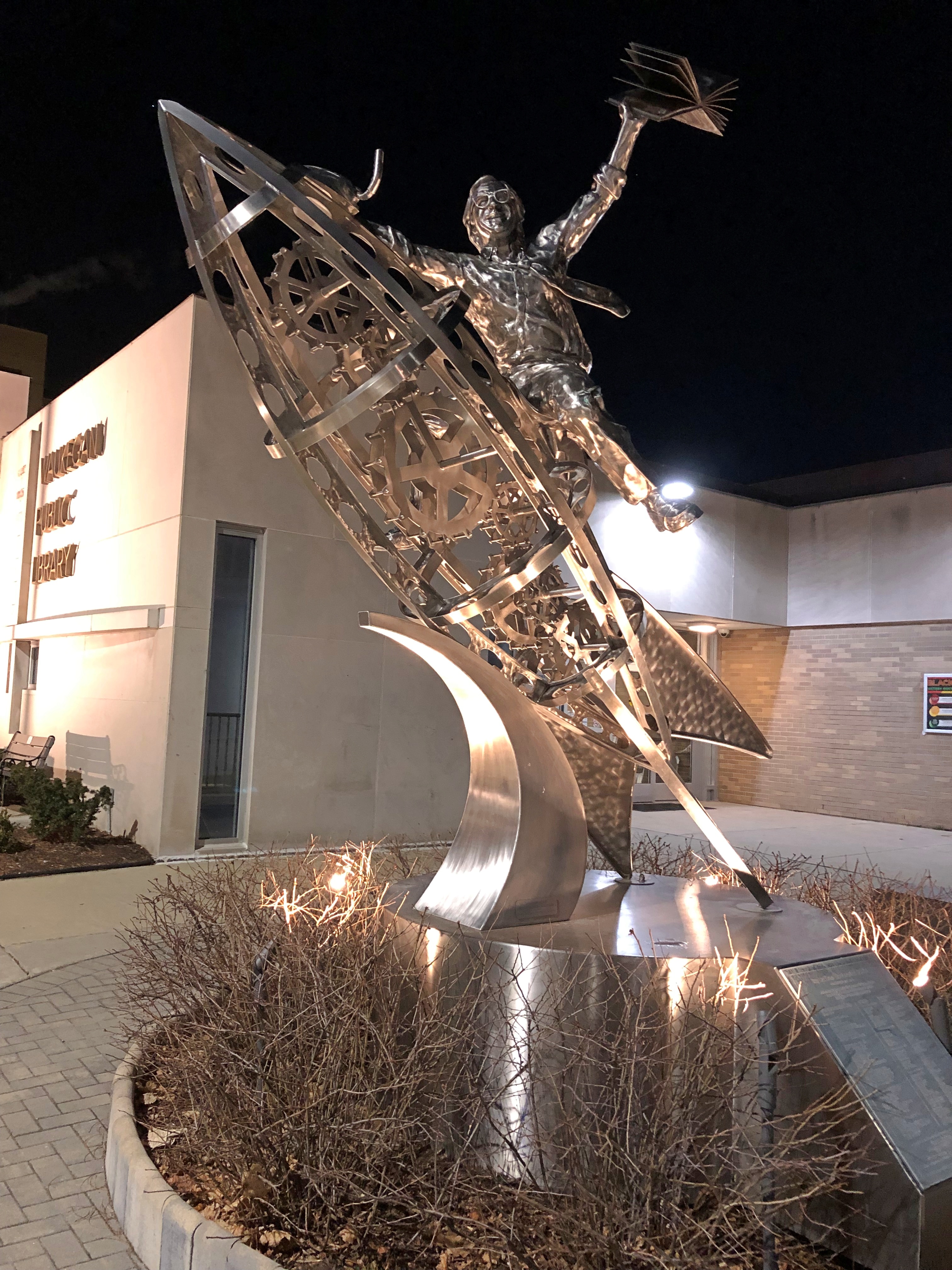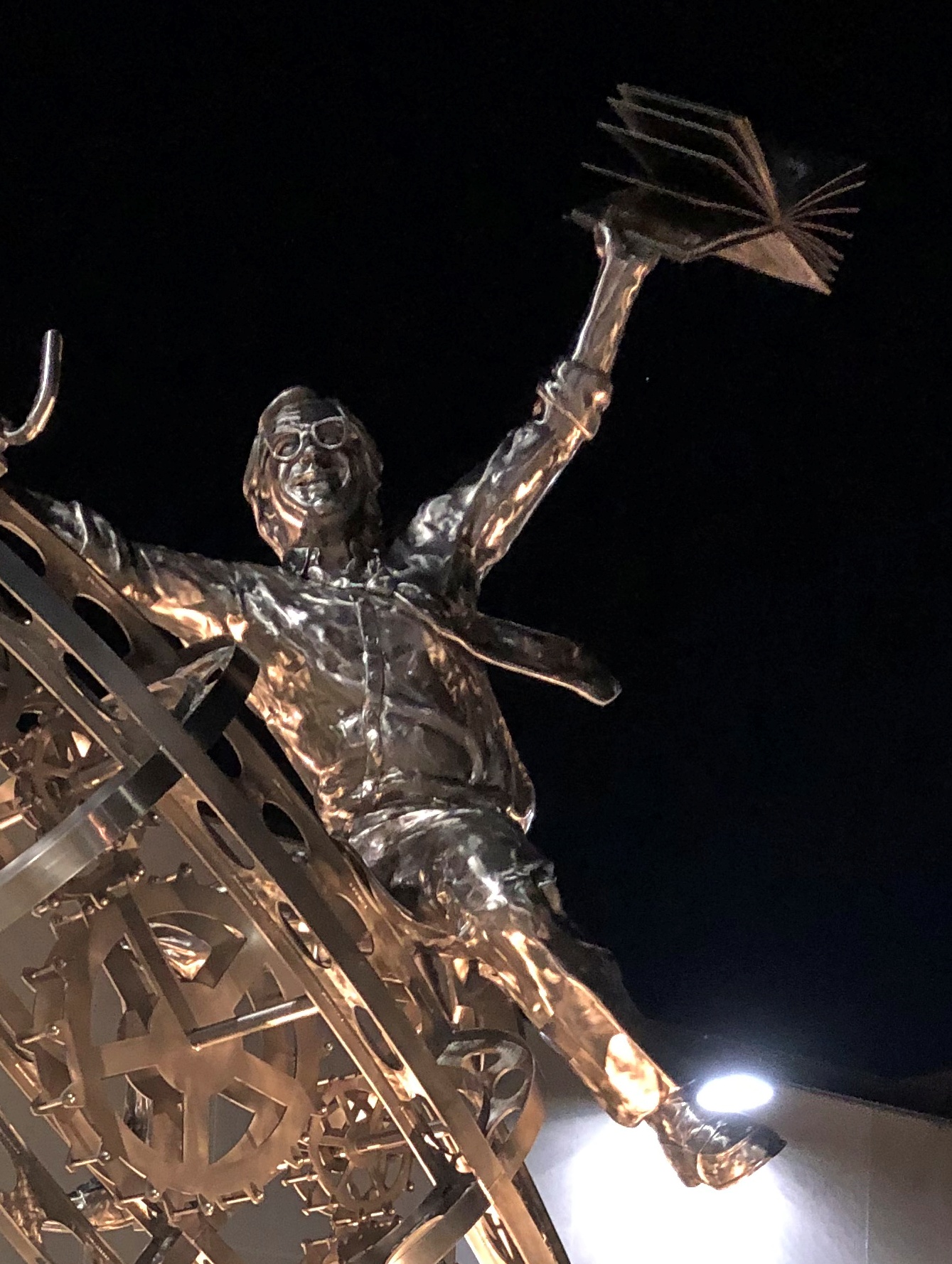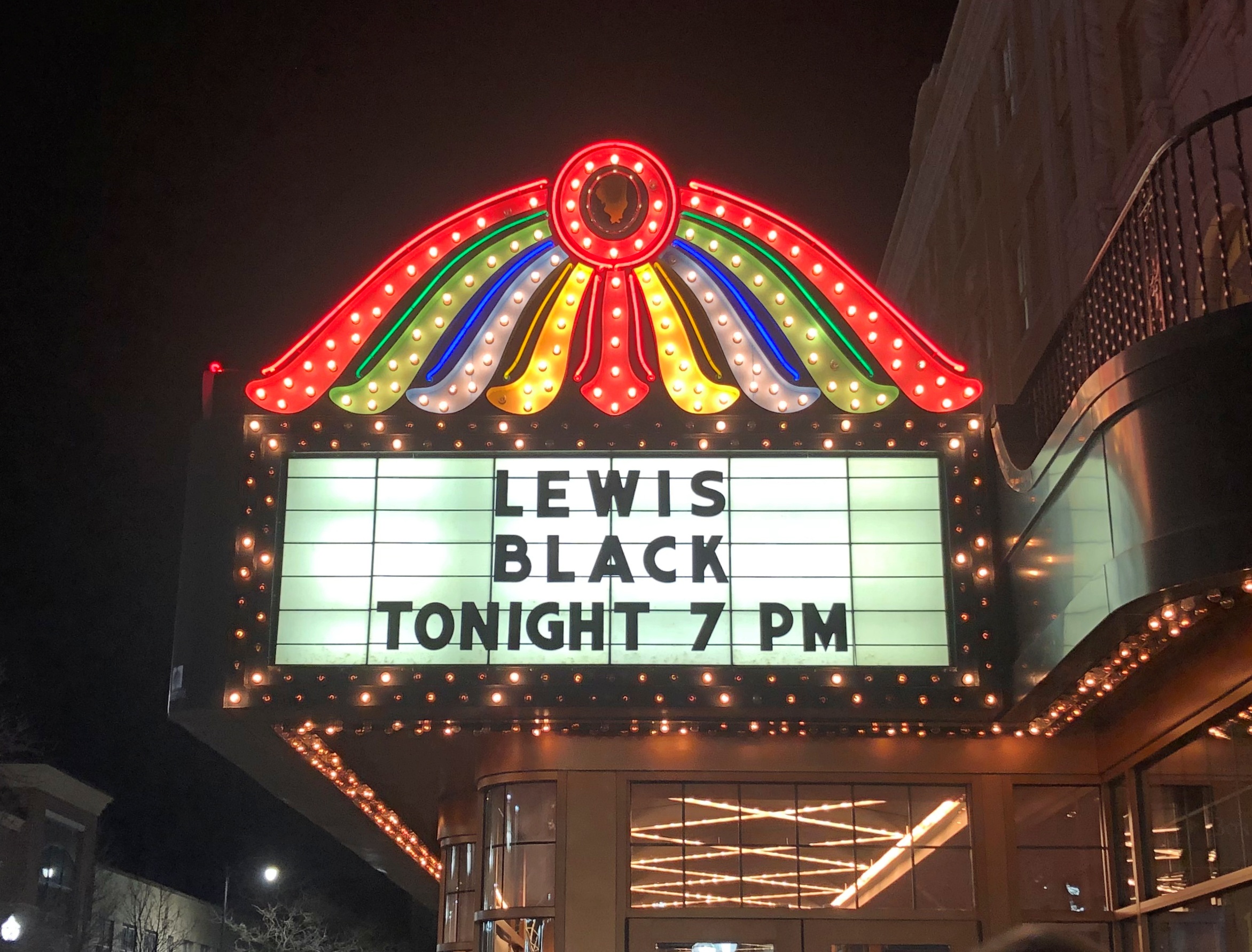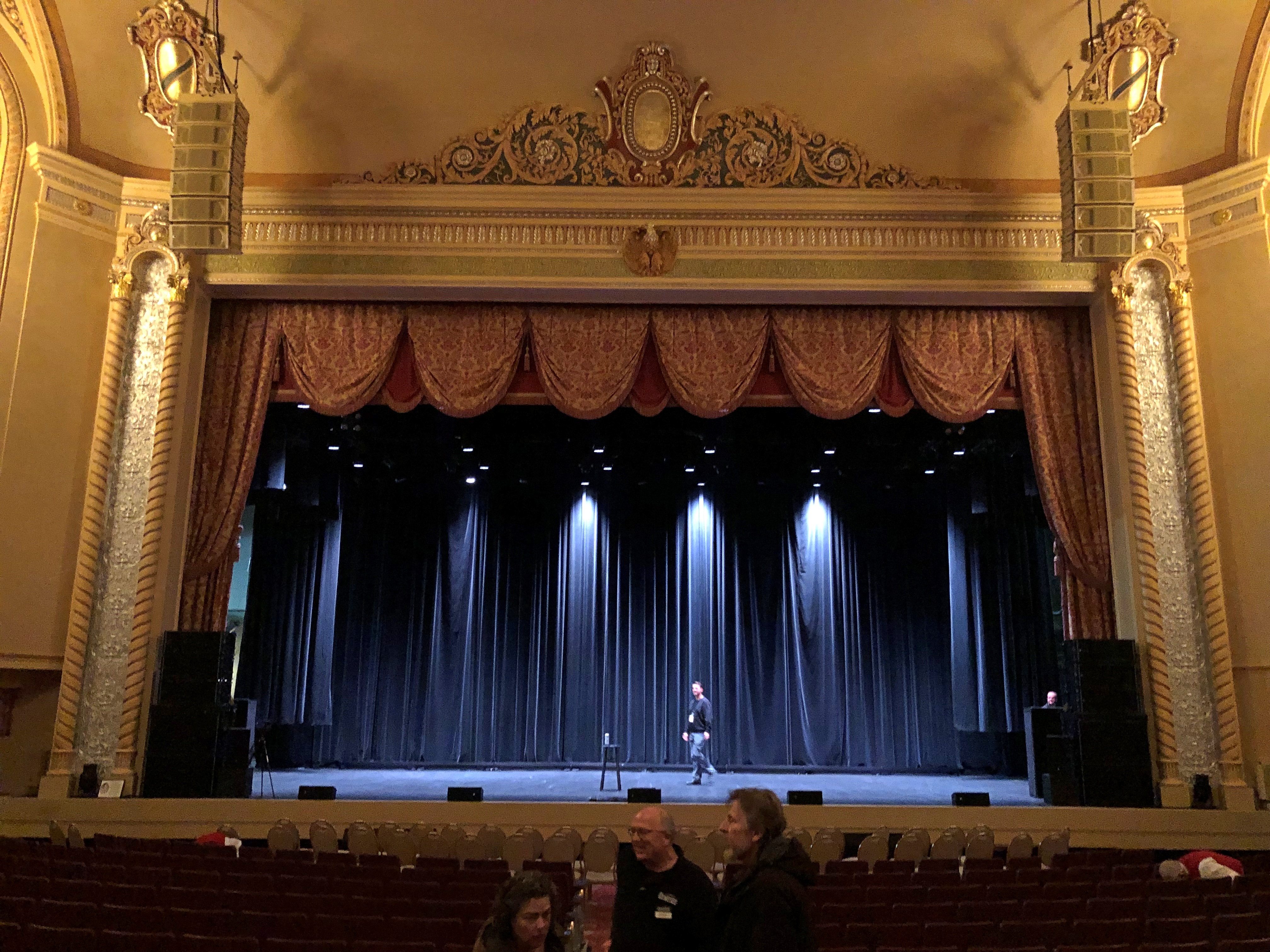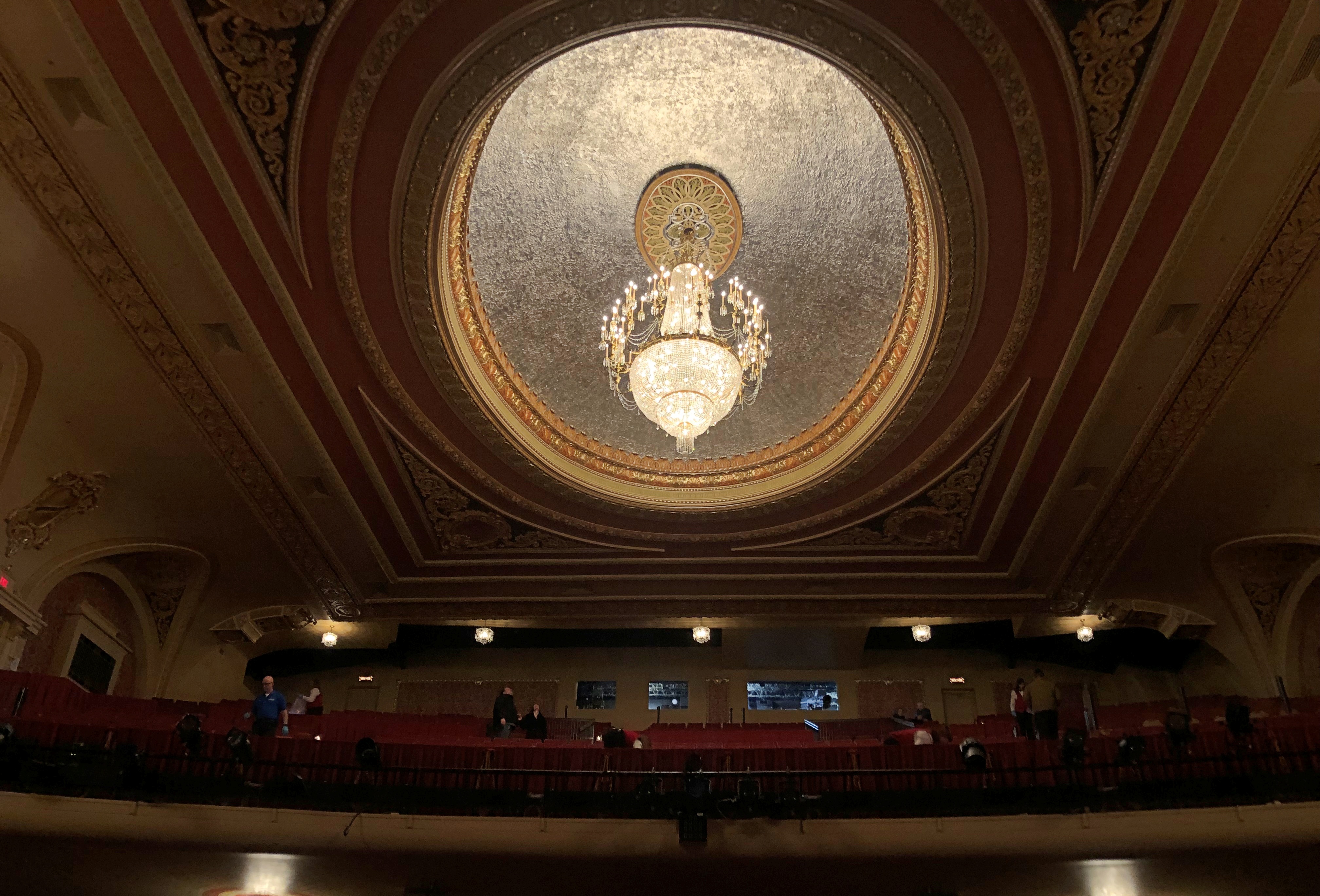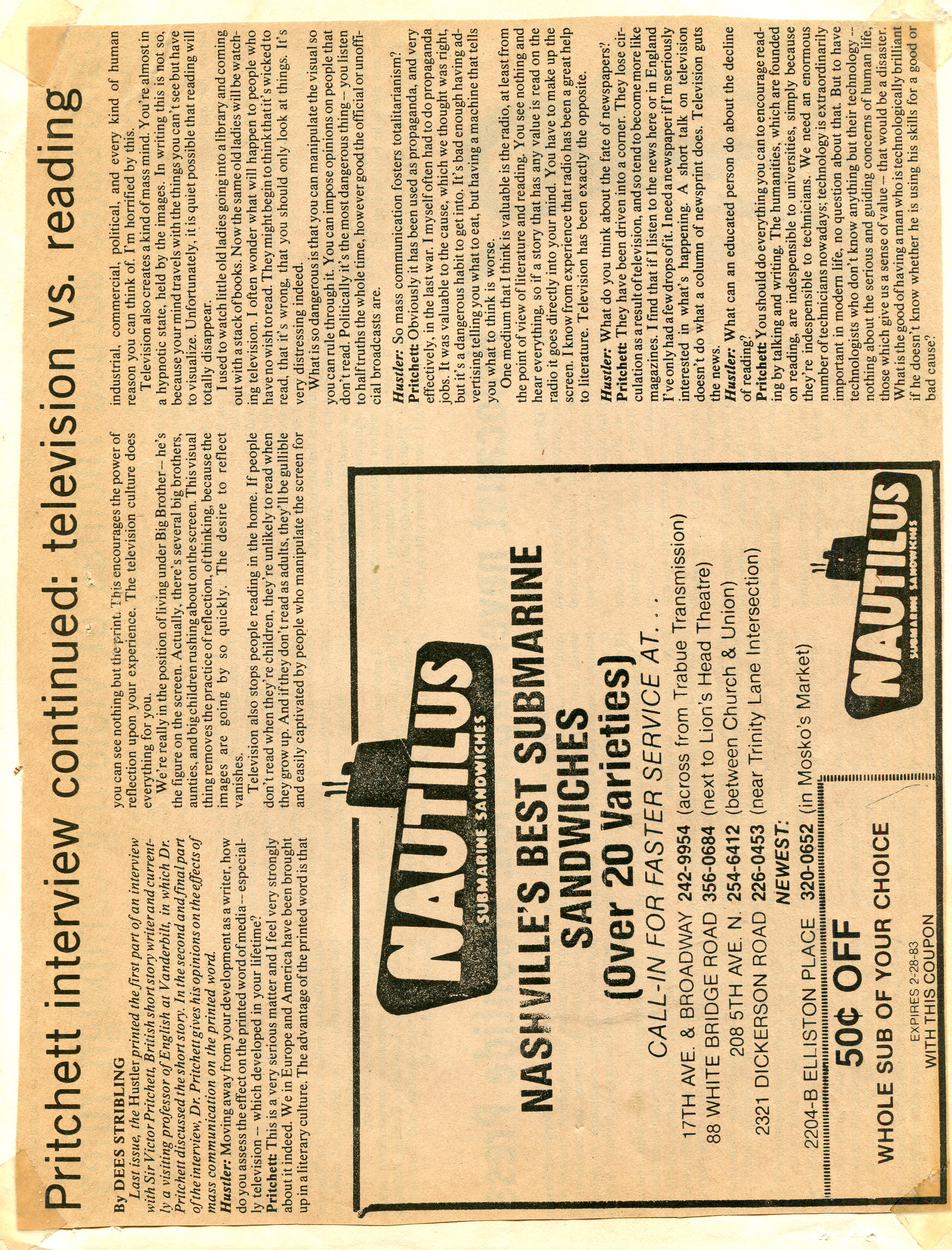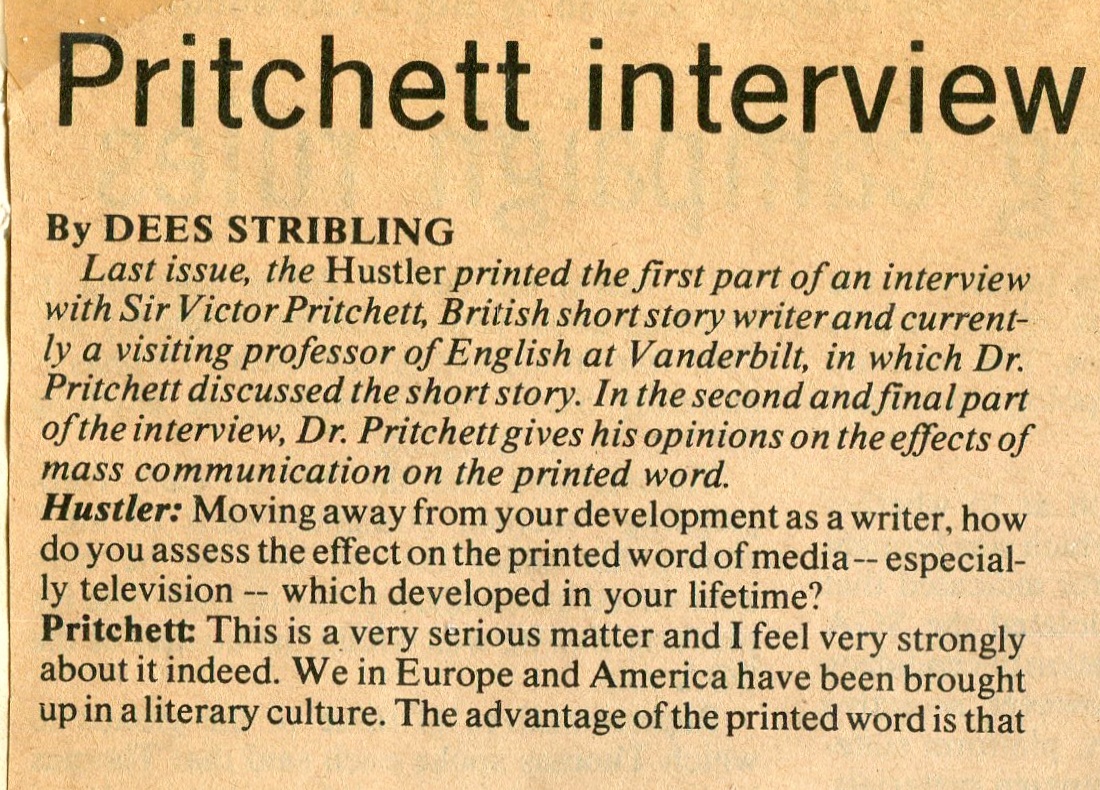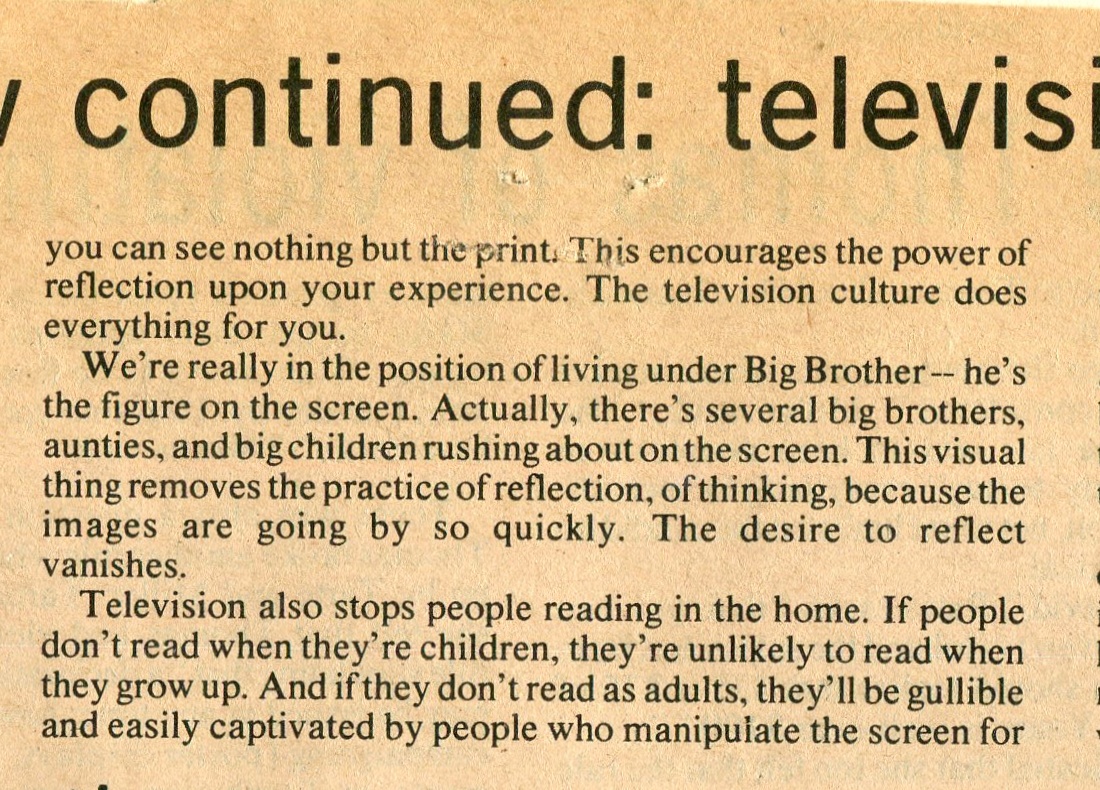It might not feel like spring out there, but no matter. Time for spring break. Back to posting around April 18.
Not long ago, an entire movie on YouTube called First Spaceship on Venus came to my attention, and I decided to watch a few minutes to see how bad it might be. Soon I realized, this isn’t that bad. For what was clearly a pre-manned spaceflight depiction of spaceflight, not bad at all. I didn’t have time to finish it, but I will at some point.
I’d never heard of it. But I have heard of Stanisław Lem. I read His Master’s Voice years ago – nearly 40 years, so I don’t remember much – and saw the 1972 movie version of Solaris, ditto, though I’ve read it’s rather different from his novel. Turns out First Spaceship on Venus is the American title of Silent Star (Der Schweigende Stern), an East German-Polish production from 1960. Lem wrote the source book, The Astronauts, a few years earlier. The American version is dubbed into English and, I understand, cut in length.
Also, if you want, you can listen to the original soundtrack of Der Schweigende Stern. YouTube’s quite the place.
More idle curiosity for the day: checking ticket prices for Billy Joel and Stevie Nicks, who are appearing the same night at Soldier Field in June. The closest ticket for sale is pretty close indeed: front section, third row. For resale, actually. There are a scattering of resale tickets available in that section, with those on the third row listed for $3,791 + fees. Oddly enough, fourth row seats list for $2,794 + fees. At least for now. So one row ahead, where you can catch a slightly better glimpse of Mr. Joel’s shiny pate, is worth about a grand more?
I expect that represents dynamic pricing of some kind, facilitated by soulless algorithms in the service of maximized shareholder value, and varies from moment to moment. But I was never one for front row seats anyway, or even third or fourth. Checking further, I found that you can bring your opera glasses and sit way back for $179. As it happens, I’ve seen both of those entertainers; separately, in 1979 and 1980. I don’t remember what I paid. A handy inflation calculator tells me that $179 now is the equivalent of $47 back then. I’m positive I didn’t pay that much, total, for both tickets.
Visiting Queen of All Saints Basilica in Chicago last month, I took an image of carved text that puzzled me a bit, but then I forgot to look it up.
“Ecumenical Year?” I remembered to look into that more recently, and realized that it must refer to the first year of Vatican II, which was indeed 1962. Formally in English, the meeting was the Second Ecumenical Council of the Vatican.
Naturally, when one hears of Vatican II, it’s time to listen to “The Vatican Rag.”
The council might have been 60 years ago, but that song never gets old.



